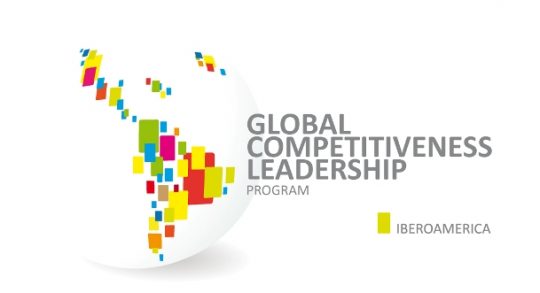Philanthropy is the daughter of a mother called democracy and a father called capitalism
I have just returned from Washington, DC, where I attended the 2012 Global Philanthropy Forum. The conference was particularly interesting to me since it addressed fields that I am deeply involved in – our foundational work through the Fundación Cisneros, CSR at our companies and my own personal philanthropy. These types of events are a good place to share best practices, meet potential partners and also to get a feel for how the field of philanthropy is evolving.
The most popular topic was impact investing. Impact investing can be summed up as the investment of capital in projects that have a positive effect on the bottom of the pyramid. An impact investor seeks to create social good or improve the health of the environment, as well as achieve financial returns. As Amy Bell from JP Morgan’s Social Finance department said “Impact investment is where investors and philanthropists meet on common ground.â€
The leader in this field is Jacqueline Novogratz, who started and runs the 10 year old Acumen Fund. She gave an inspiring talk on how with the initial support of the Rockefeller Foundation she was able to start a fund that today has positively impacted the lives of thousands living in India, East and West Africa and Pakistan through entrepreneurship.
She highlighted an investment in India called Husk Power Systems which uses rice husks to generate power in an area that has no access to the national grid and is among the poorest regions in the world. The company was started by a pair of entrepreneurs searching for a way to bring energy to this rural area so that people there could have access to a better quality of life. The two entrepreneurs figured out a way to turn rice husks—rice being the only crop being harvested in the area—into energy in a simple, clean and affordable way. They then set up co-ops to operate the electrical plants in each village. They have managed to keep the cost of producing energy, resulting in very low fees for its consumption. Access to energy has had a powerful impact on the economy of the region since it is allowing people to be more industrious and also allows school kids to have more time to do their homework at night. In the next 5 years they expect to have 2,000 plants, impacting five million people.
In Latin America, impact investment is also making its way. A few years back, two Brazilian entrepreneurs Daniel Izzo and Antonio Moraes Neto started Vox Capital which, like Acumen, is a fund that focuses on bottom of the pyramid business ventures with a social cause. Vox Capital is Brazil’s first OMJ (Opportunity for the Majority). They look for projects in their early stages, whose products or services cater to Brazil’s low income clients with profound positive social impact.
Three of the notable investments they have done are in the employment, housing and health sector. In an interview in Forbes, Izzo explains that they have invested in Balcão de Empregos, a job placement company focused on technical and operational job opportunities, giving access to information on opportunities and, ultimately, to better quality jobs to tens of thousands of low income people in Brazil.
Another investment is in a housing project that aims to produce 1,300 houses for low income families in the next 2.5 years. They also have investments in a company called Sautil that helps people get access to local public health services and products, which have already helped over 150,000 people, get needed care.
Vox Capital is a particularly interesting to me because it shows how the new generation of business leaders are thinking about philanthropy. Gone are the days of charity and passive philanthropy. Today’s philanthropists want to be engaged, to be involved and to have high impact through social investments.

